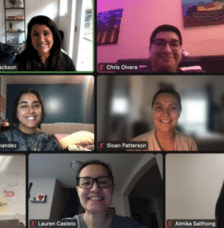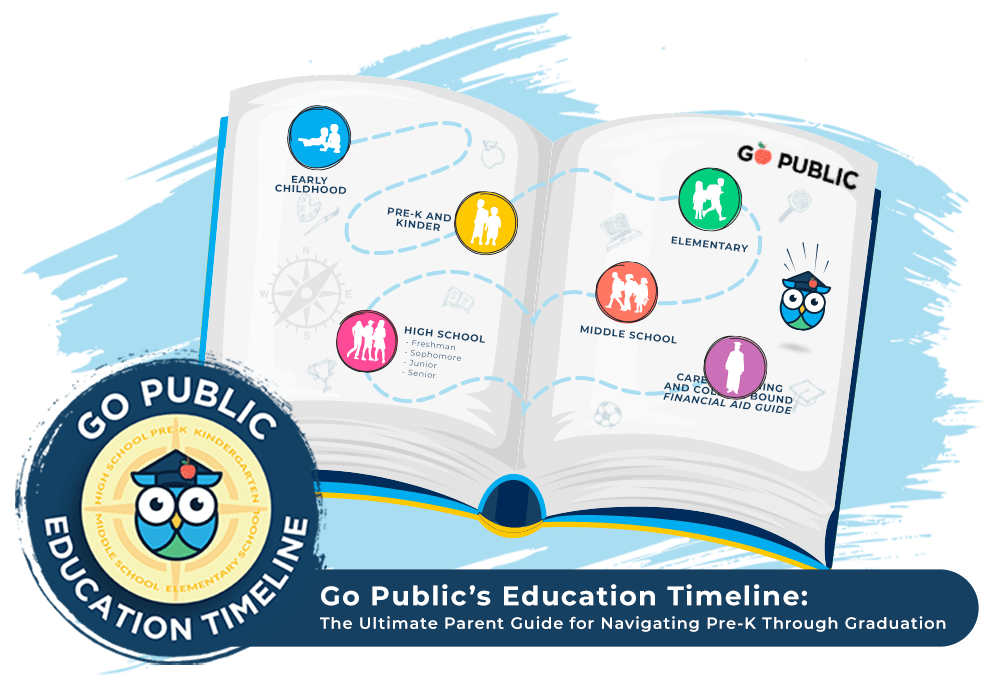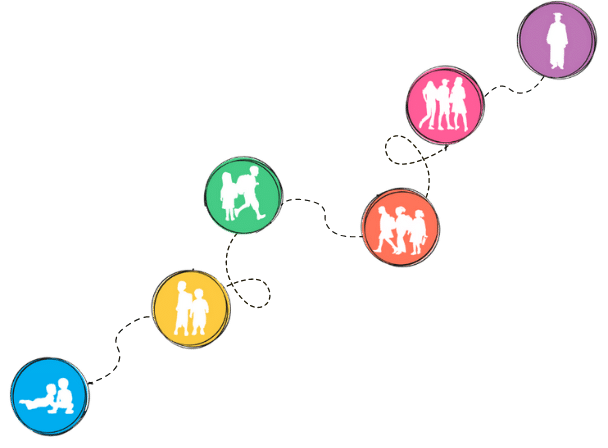1. Research college essay examples. Compare different styles and tones to decide which direction you want to follow.
2. Write about something that’s important to you. It could be an experience, a hobby, a person, a book—anything that has had an impact on your life. The college essay is a thoughtful story that gives insight into who you are as a person.
3. Reflect and Describe: Remember to give more than a play-by-play or itinerary. Describe your experience in a way that shows what you learned or how you changed because of it.
4. Include humor. You can try to use humor to make your college essay more memorable to an admissions officer, but be cautious. Your use of humor should be clever and tasteful, Avoid one-liners or limericks. .
5. Start early and write multiple drafts. Write your first draft early. Allow for plenty of time to review, edit, re-write, and review. Ask yourself these questions: Is my essay interesting? Do my ideas flow logically? What insight am I giving about myself?
6. Avoid repeating information: Do not include information in your essay that you have listed elsewhere in your application. Essays should not include lists of your test scores, awards, or achievements.
7. Answer the prompt appropriately. Make sure you read and understand the question, and answer accordingly. Stay on topic. Don’t reuse an answer to a similar question from another application.
8. Have at least one other person proofread and edit your essay. Your school counselor or teacher can help edit your essay and give you feedback. You should also always double-check for spelling and grammar errors.
(Source: The Princeton Review) (2)



















